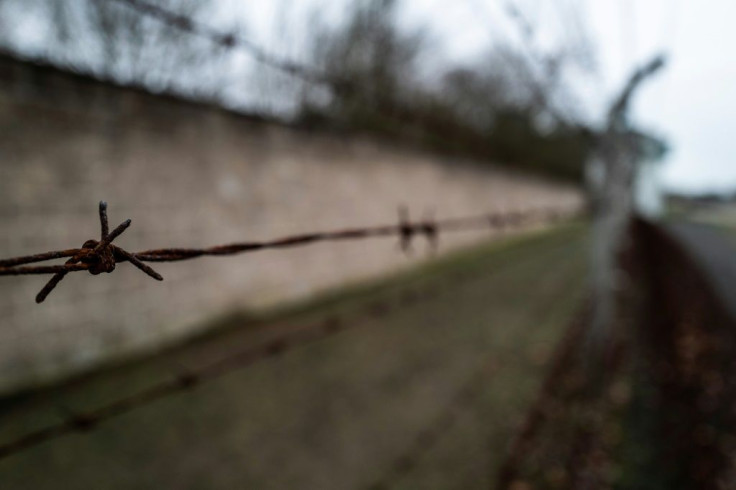93-Year-Old Former Nazi Guard Convicted As Accessory To Mass Murder At Stutthof Concentration Camp

KEY POINTS
- Bruno Dey was found guilty on more than 5,000 counts of serving as an accessory to murder for his time at the concentration camp in then-occupied Poland
- Dey served as a guard at Stutthof concentration camp from August 1944 to April 1945
- The trial ran for nine-months and was held in juvenile court since Dey was 17 at the time he was assigned as a guard
In one of the final Nazi war crimes trials, a 93-year-old former soldier was convicted Thursday on more than 5,000 counts of accessory to murder during his tenure as a guard at the Stutthof concentration camp outside of Gdansk, Poland, in the final days of World War II. It is estimated 63,000 to 65,000 people were killed while being held at the camp, around 28,000 of them Jews.
Bruno Dey was found guilty of 5,230 counts of being an accessory to murder by a Hamburg, Germany, court. Dey’s trial was held in juvenile court because the veteran was 17 when he was stationed at Stutthof from 1944 to 1945.
Prosecution had called for Dey to serve three years in prison, but was ultimately handed a two-year suspended prison sentence.
It marks the end of a nine-month trial and one of the last trials related to the atrocities committed by the Nazis during World War II.
Dey admitted to his time of service at the camp, saying he was assigned to the camp in August 1944 as a member of the Wehrmacht. His defense team argued he was forced into service in the latter days of the war and was never directly involved in the killing of prisoners. He admitted, however, seeing “emaciated figures” and the “people who had suffered.”
However, the prosecution said Dey had the chance to ask for a transfer before he became a member of the SS in September 1944. They also argued he was aware of the mass murders and turning a blind-eye to it was not a viable defense.
Ben Cohen, whose grandmother was one of over 40 plaintiffs in the case, said the verdict amounts “symbolic justice.”
“On behalf of my grandmother and our family this verdict sends a powerful message that a guard in any camp cannot deny responsibility for what happened,” Cohen said in a press release. “Unfortunately, most perpetrators of the Holocaust were never prosecuted and so we are left with something that feels like symbolic justice today, rather than true justice.
“The most important thing to us is that these horrific things should never happen again and that the world can be educated about the capacity for seemingly normal people to be part of the most horrific evil.”
© Copyright IBTimes 2025. All rights reserved.





















